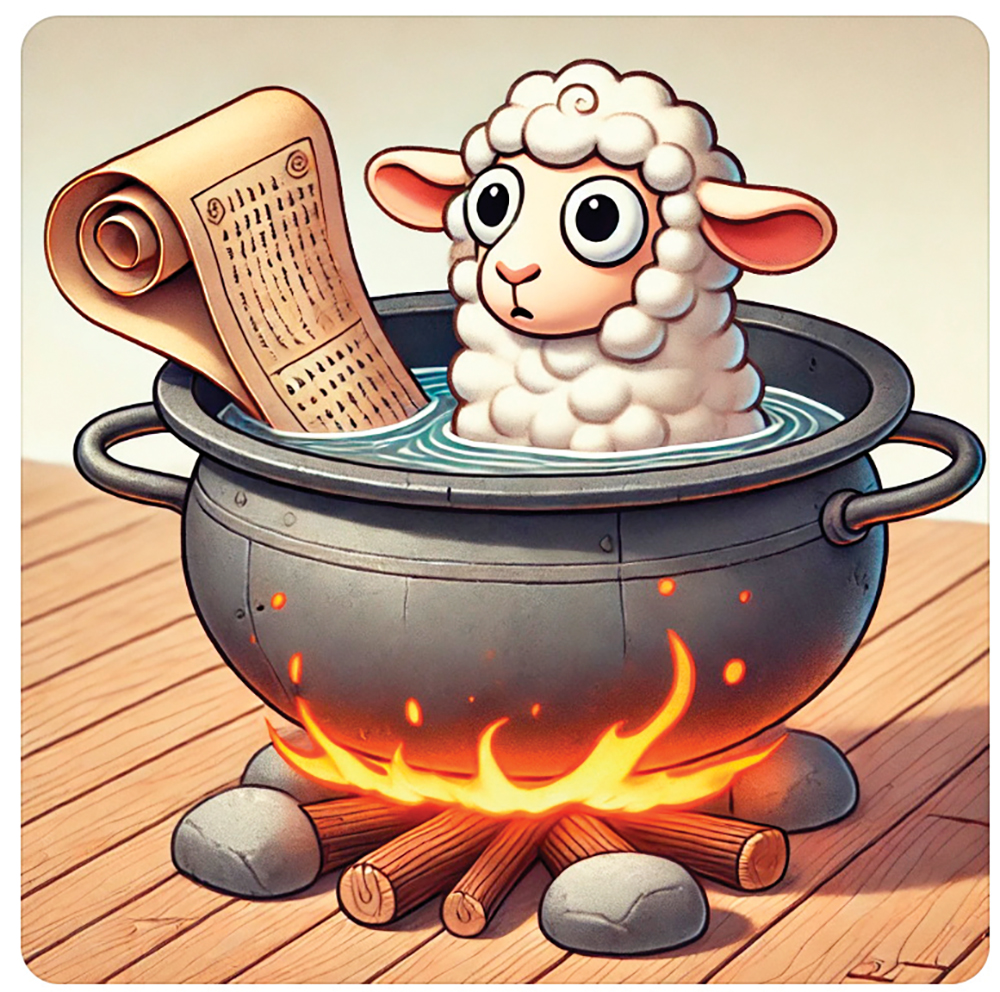
X Only Means Y
In Bava Batra 75a, Rabba thrice quotes Rabbi Yochanan about messianic times —- Hashem making a meal for the righteous from the Leviathan’s flesh; a

In Bava Batra 75a, Rabba thrice quotes Rabbi Yochanan about messianic times —- Hashem making a meal for the righteous from the Leviathan’s flesh; a

The mishna on Bava Batra 64b discusses someone who sells his house without explicitly mentioning in the contract that he’s also selling the cistern on
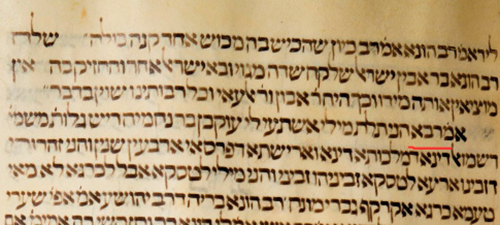
On Bava Batra 55a, Rabba (bar Nachmani) relates a set of three teachings which Ukvan bar Nechemia, the Exilarch, told him in Shmuel’s name. The
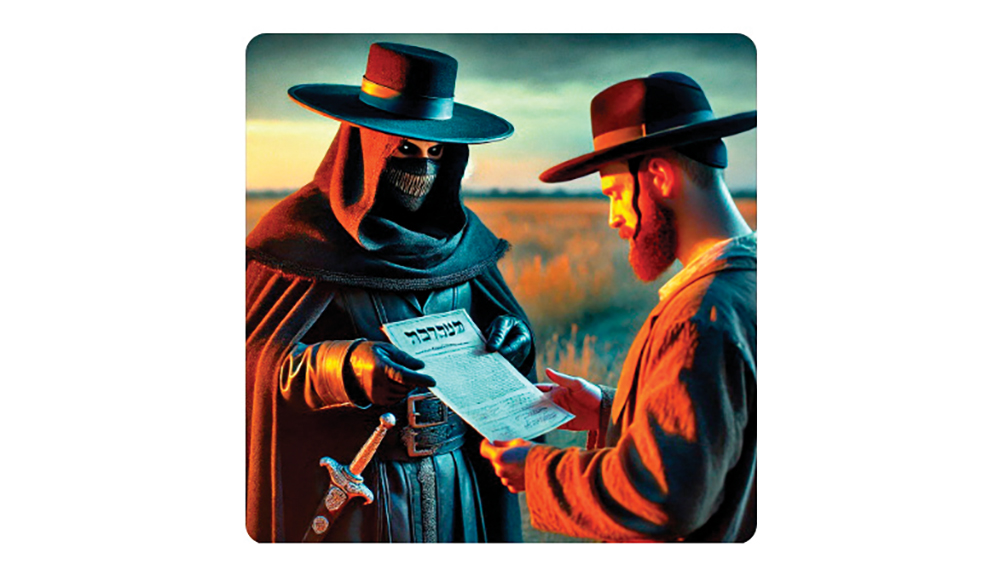
In Bava Batra 47b, we encounter the “Sicarius,” in a quote from Mishnah Gittin 5:6. That Mishna lays out a law that, if one first
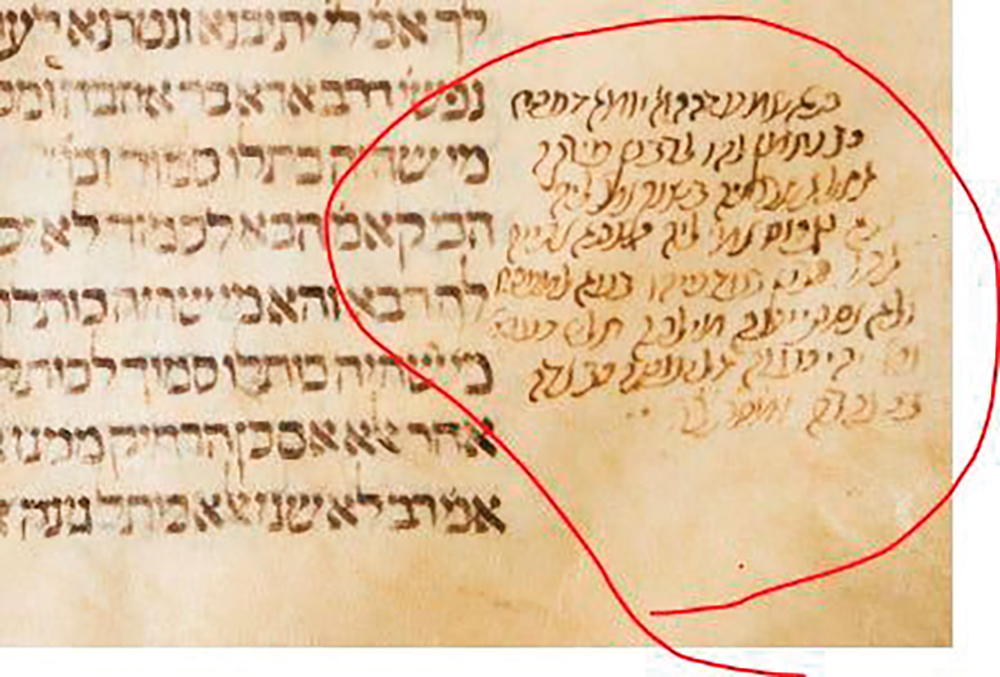
We recently read that Rav Adda bar Abba died prematurely (Bava Batra 22a). Various Pumbeditan Amoraim felt guilty for his death. They each recount their
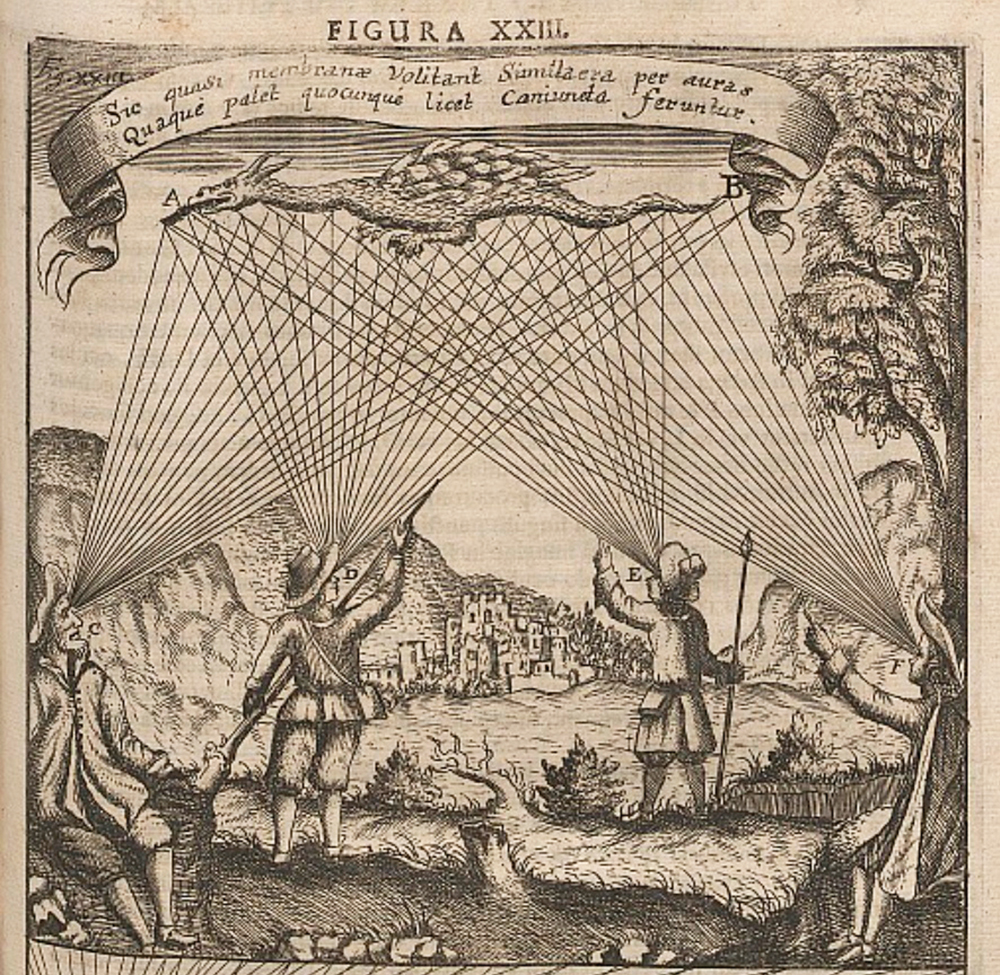
As we explored last week, Bava Batra begins by discussing hezek re’iyah, literally damage by sight, and whether it is called “damage.” This isn’t literal

Bava Batra begins with a discussion of whether hezek reiyah—damage caused by sight, is a real concern. The opening mishna states הַשּׁוּתָּפִין שֶׁרָצוּ לַעֲשׂוֹת מְחִיצָה

Last week, we observed that Abaye often referred to his uncle and teacher, Rabba bar Nachmani, as “Mar/Master.” Thus, when on Bava Metzia 107a, Abaye
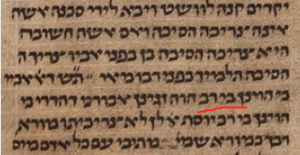
In Bava Metzia 107a, Abaye explains Rabban Shimon ben Gamliel’s position in the preceding Mishna: “It is like Mar. For Mar said that if one
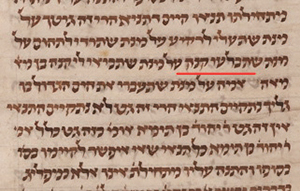
A baraita on Bava Metzia 94a discusses the case of a man who puts impossible conditions on a bill of divorce: “This is your bill
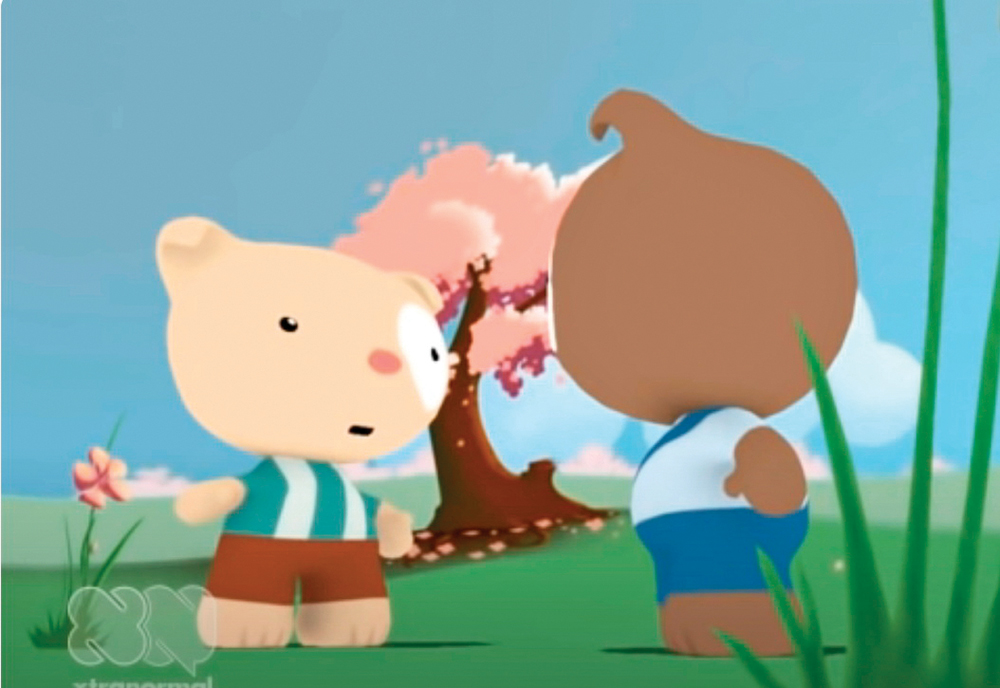
On Bava Metzia 87a, we encounter Ephraim Miksha’a. The meaning of Miksha’a is unclear —Rashi explains it as a seller of gourds or one who

The Mishna in Bava Metzia 38a records a dispute about what to do if someone deposited produce with you and the produce has started to